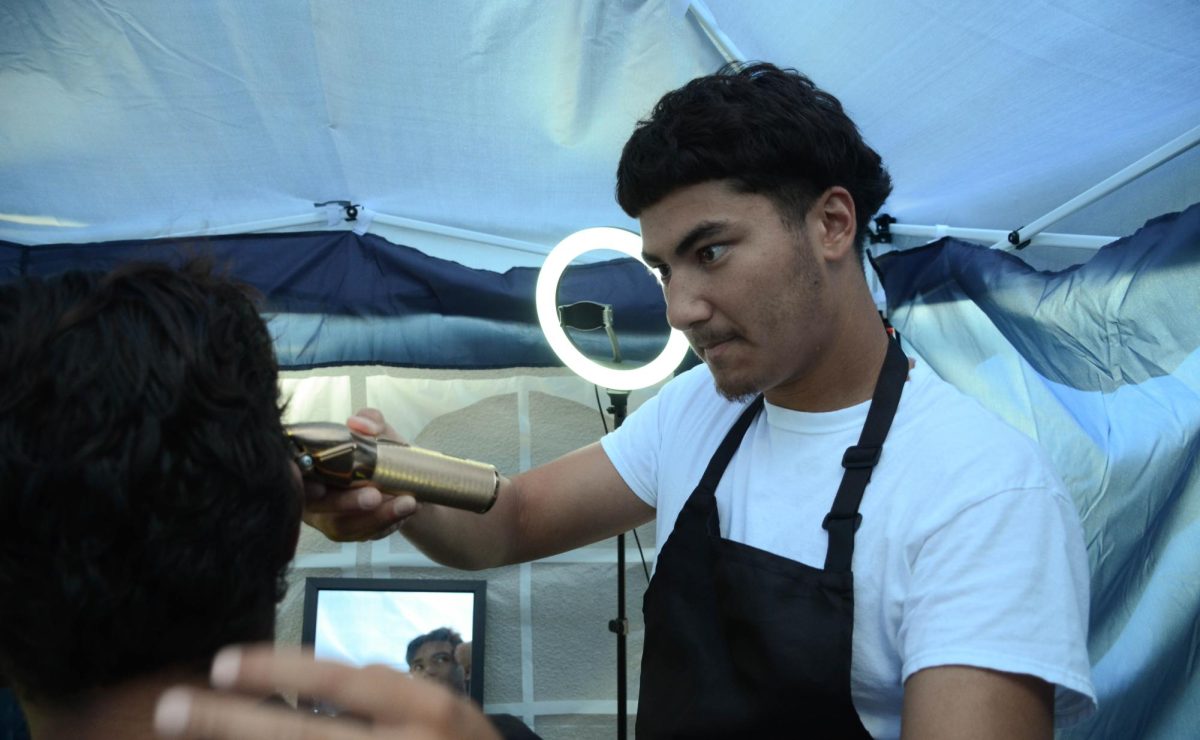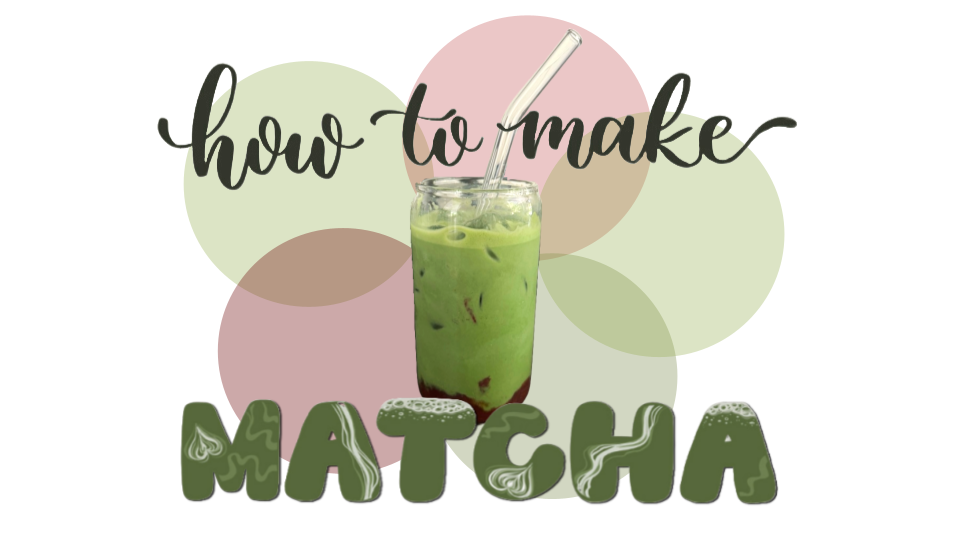In an increasingly fast-paced world, it comes as no surprise that quick caffeine fixes, sugar rushes, skipped breakfasts, and calories to-go have become a routine fixture in the busy schedules of many students.
Take, for example, snack foods. Surrounded by French fries, instant noodles, candy bars, and soda in stores and the snack bar, it takes a certain amount of willpower to choose a healthy snack in lieu of its unhealthier but potentially tastier counterpart.
“All those processed, sugary foods displace foods that actually help you,” said Melissa Halas-Liang, an official spokesperson for the California Dietetic Association (CDA). She suggests opting for convenient but healthy foods such as fruit, yogurt, or cereal.
Unhealthy snacks are not the only problem students have, however. According to Halas-Liang, teens are known to entertain a host of unhealthy dietary habits.
“The typical unhealthy eating habits teens have are skipping meals, eating packaged or processed foods, eating late at night, or either not eating enough or overeating,” Halas-Liang said.
Most of these habits may seem a little too familiar to the average student. Between the stress of homework, extracurricular activities, and social lives, many may feel that they have enough on their plates without also worrying about a healthy diet.
“I eat less during finals week because I’m studying [more],” Nithya Vemireddy (9) said. Additionally, Nithya regularly skips breakfast.
“We’ve heard it for years – breakfast is the most important meal of the day,” said Halas-Liang. “In addition to it helping you perform better providing energy for the day, it helps prevent that midmorning energy crash and that full-blown hunger where you can’t concentrate in class.”
Josh Bollar (10) has experienced the benefits of eating breakfast first-hand.
“I feel less tired in the early morning, and less hungry when waiting for lunch,” he said.
Halas-Liang also warns, however, that the opposite extreme may be as harmful.
“It’s important to eat a healthy breakfast but not overeat breakfast: excess or too many of the wrong calories can lead to an unhealthy balance.”
Overeating in any form proves to be harmful. Whether eating too much because of stress or simply consuming more calories because of fast food, health specialists discourage it.
“I strongly discourage the fluctuation caused by stress eating,” said Joy Alexiou, representative of the Silicon Valley Medical Center.
Alexiou said that students should try to keep their blood sugar at a constant level and recommends eating nutritious, balanced meals.
Another common dietary habit found amongst adolescents is high caffeine consumption. Students drink coffee in the morning before school because they feel drowsy from a sleepless night. Others like Sierra Lincoln (10) drink caffeinated drinks, like Monster, after an exhausting sports practice, so they have enough energy for the rest of the night.
“[Consuming too much caffeine] takes its toll on your body and your immune system and you’re more susceptible to catch those viruses that are just waiting,” said Clare Elchert, Upper School Nurse.
Halas-Liang recommends a gradual change in order to make the transition to a healthier diet.
“Cold turkey usually doesn’t work […] because you kind of fall off the bandwagon. I always tell people just pick one thing to start, and you’ll feel better and you’ll start to make those changes gradually.”


















![“[Building nerf blasters] became this outlet of creativity for me that hasn't been matched by anything else. The process [of] making a build complete to your desire is such a painstakingly difficult process, but I've had to learn from [the skills needed from] soldering to proper painting. There's so many different options for everything, if you think about it, it exists. The best part is [that] if it doesn't exist, you can build it yourself," Ishaan Parate said.](https://harkeraquila.com/wp-content/uploads/2022/08/DSC_8149-900x604.jpg)




![“When I came into high school, I was ready to be a follower. But DECA was a game changer for me. It helped me overcome my fear of public speaking, and it's played such a major role in who I've become today. To be able to successfully lead a chapter of 150 students, an officer team and be one of the upperclassmen I once really admired is something I'm [really] proud of,” Anvitha Tummala ('21) said.](https://harkeraquila.com/wp-content/uploads/2021/07/Screen-Shot-2021-07-25-at-9.50.05-AM-900x594.png)







![“I think getting up in the morning and having a sense of purpose [is exciting]. I think without a certain amount of drive, life is kind of obsolete and mundane, and I think having that every single day is what makes each day unique and kind of makes life exciting,” Neymika Jain (12) said.](https://harkeraquila.com/wp-content/uploads/2017/06/Screen-Shot-2017-06-03-at-4.54.16-PM.png)








![“My slogan is ‘slow feet, don’t eat, and I’m hungry.’ You need to run fast to get where you are–you aren't going to get those championships if you aren't fast,” Angel Cervantes (12) said. “I want to do well in school on my tests and in track and win championships for my team. I live by that, [and] I can do that anywhere: in the classroom or on the field.”](https://harkeraquila.com/wp-content/uploads/2018/06/DSC5146-900x601.jpg)
![“[Volleyball has] taught me how to fall correctly, and another thing it taught is that you don’t have to be the best at something to be good at it. If you just hit the ball in a smart way, then it still scores points and you’re good at it. You could be a background player and still make a much bigger impact on the team than you would think,” Anya Gert (’20) said.](https://harkeraquila.com/wp-content/uploads/2020/06/AnnaGert_JinTuan_HoHPhotoEdited-600x900.jpeg)

![“I'm not nearly there yet, but [my confidence has] definitely been getting better since I was pretty shy and timid coming into Harker my freshman year. I know that there's a lot of people that are really confident in what they do, and I really admire them. Everyone's so driven and that has really pushed me to kind of try to find my own place in high school and be more confident,” Alyssa Huang (’20) said.](https://harkeraquila.com/wp-content/uploads/2020/06/AlyssaHuang_EmilyChen_HoHPhoto-900x749.jpeg)








